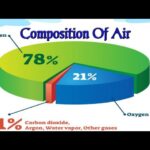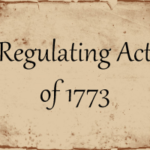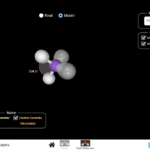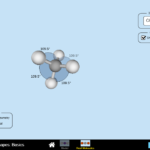Heart Diagram
The heart is a fist-sized organ that pumps blood throughout your body. It’s the primary organ of our circulatory system. Our heart contains four main sections (chambers) made of muscle…
Organ System
The human body is a biological machine made of body systems; groups of organs that work together to produce and sustain life. Sometimes we get lost while studying cells and molecules and can’t see…
Momentum – Force and Laws of Motion
What is Momentum It is the quantity of motion of a moving body & may be defined as a product of mass and velocity. Its unit is ‘kilogram meter per…
Law of conservation of momentum
Law of conservation of momentum states Ans: (d) Law of conservation of momentum can be defined in any of these three ways. Law of conservation of momentum states(a) Total momentum…
Motorcar makes a sharp turn at a high speed
) When a motorcar makes a sharp turn at a high speed, we tend to get thrown to one side because we tend to continue in our straight line motion…
Force and Laws of Motion (MCQ)
Force and Laws of Motion (MCQ) By applying a force of one Newton, one can hold a body of mass (a) 102 grams (b) 102 kg (c) 102 mg (d)…
Balancing Chemical Equations for beginners
Balancing a chemical equation involves a certain amount of trial and error. In general, however, you should follow these steps: Count each type of atom in reactants and products. Does…
Acids and Bases and Salts – Introduction
Acids and bases react with one another to yield two products: water, and an ionic compound known as a salt. This kind of reaction is called a neutralization reaction. All alkalis are…
M PHASE (MITOSIS PHASE)
This is the most dramatic period of the cell cycle, involving a major reorganisation of virtually all components of the cell. Since the number of chromosomes in the parent and…
CELL CYCLE
The sequence of events by which a cell duplicates its genome, synthesizes the other constituents of the cell and eventually divides into two daughter cells is termed cell cycle. Cell…






